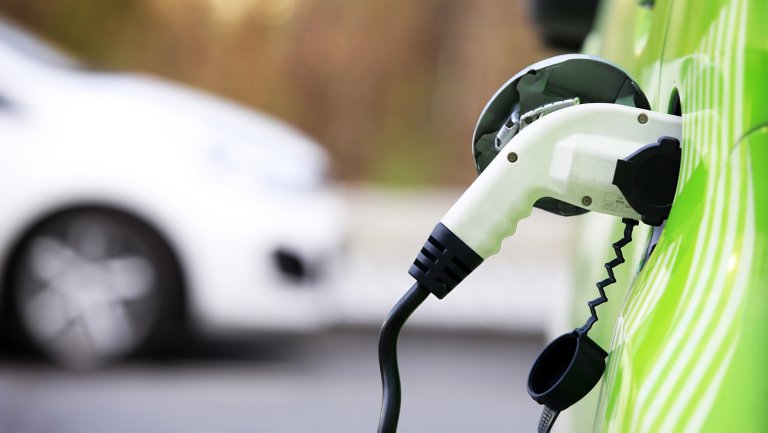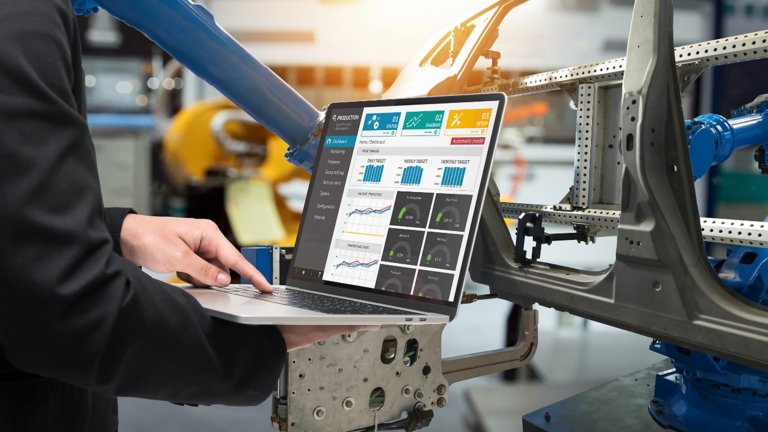For years, urban citizens have been unhappy with their mobility experience: too much traffic causing long transportation times, too much noise, poor air quality, and limited parking options, to name but a few of the issues.
Then, in one day, in response to the COVID-19 pandemic, the order to “stay at home” has completely reshaped cities, forcing us to reconsider the way we live our lives and the way we do business. Things we once took for granted are no longer possible. Things we never thought possible are now commonplace. Digital transformation initiatives have been installed and launched in months, especially those focused on remote support.
At Rockwell Automation, we’ve used our technology and solutions to help manufacturers weather this storm. We’ve been able to offer assistance and help our customers adapt to the new normal. And we`ve helped car manufacturers to produce unprecedented quantities of hygienic masks and personal protective equipment in record time. What’s more, many of them found it more economical to install machinery to produce their own supply – removing another risk that could interrupt production.
But our mission to make the world more productive and more sustainable doesn’t end with mask production. These past months have demonstrated how ready people are to move to a new way of living and working, leaving the old ways behind. We’ve seen an enthusiasm for car sharing, cycling and other light e-mobility. We’ve seen a vote for zero emissions, a market for EV-PHEV cars, and a preference to work from home regularly, when possible.
The fallout from the COVID-19 pandemic, coupled with the EU’s CO2-reduction obligations and the rapid shift to e-mobility, poses a real concern for major car companies and Auto-T1 ecosystems. To survive the coming months, these manufacturers need the adaptability and flexibility provided by new technologies.
We have a role to play for this industry, and we are applying this in our own operations to secure our future.
Realizing the Potential of Disruptive Technology
Digital transformation has many facets, but it is built on a foundation of disruptive technology; technology that can advance every aspect of a business. Reimagining automotive production using digital technologies is helping manufacturers and suppliers stay competitive in this time of great change.
For research and development:
With people working from remote locations there are few opportunities to get together for some proper collaborative innovation. This is where Virtual Reality (VR) and Digital Twin simulations come in. Using a real-time 3D model, multiple users can access these designs and work together, sharing ideas and testing concepts. And implementing a new idea in a virtual model is much less risky than trialing something for real.
Many businesses are already well along this road, but some are only just discovering the possibilities because the pandemic has forced them to work in this way. And the advantages they’re seeing are causing them to completely revise their return-on-investment calculations for such strategic investments.





